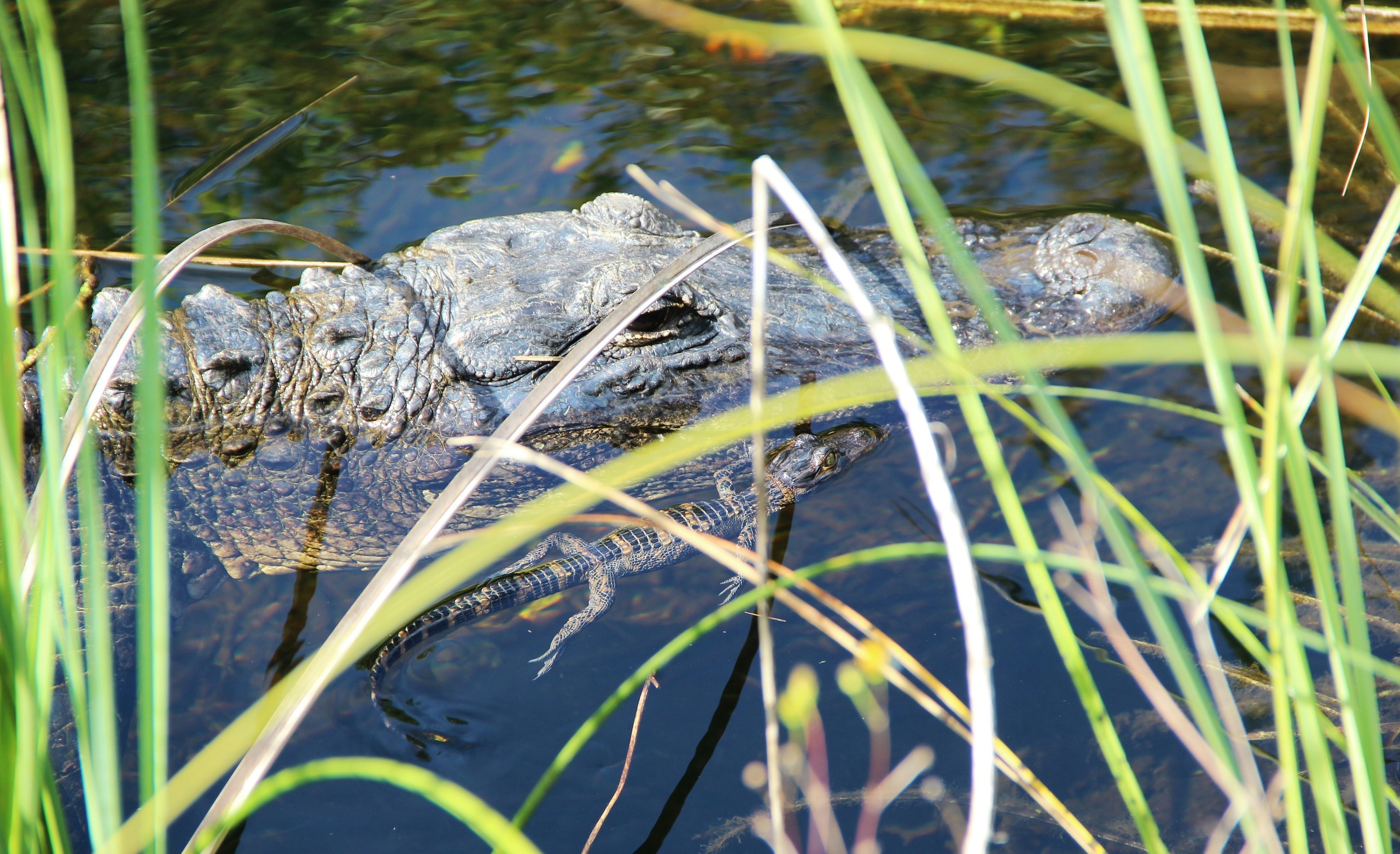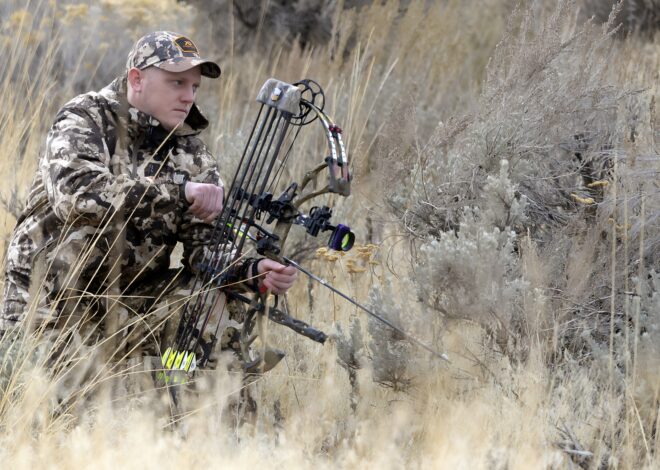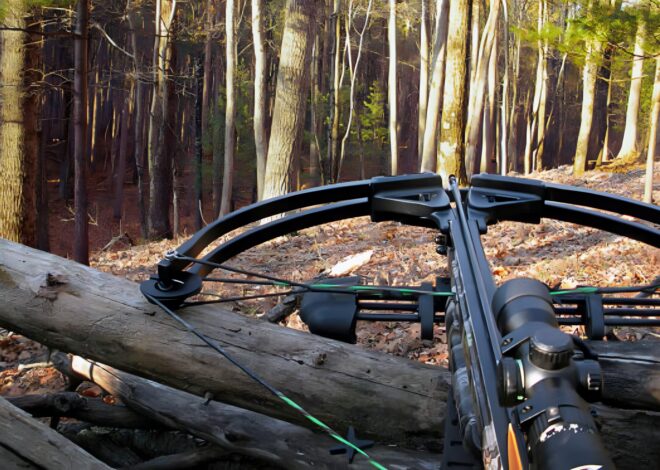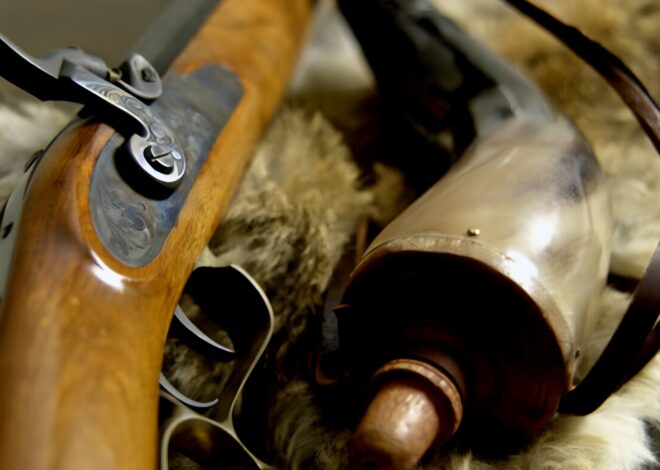
How To Hunt American Alligators
Prepare yourself: it’s time to dive into how to hunt American alligators! Hunting American alligators is an exhilarating experience that combines adrenaline, strategy, and a deep respect for nature. As one of the most formidable predators in North America, the American alligator presents both a thrilling challenge and an opportunity to connect with the wild.
Whether you’re drawn by the thrill of the hunt or interested in learning sustainable practices, there’s a great deal to consider before you embark on this adventure. From understanding regulations and obtaining permits to gathering your gear and mastering tracking techniques, every step plays a crucial role in ensuring not just success but safety as well.
This guide aims to walk you through everything you need to know about hunting these magnificent creatures responsibly while reaping the rewards of your efforts.
The Basics of Alligator Hunting: Regulations and Permits
Before you embark on your alligator hunting adventure, understanding regulations and permits is crucial.
– Regulations
When venturing into alligator hunting, understanding the regulations is crucial. Each state has its own set of rules governing when and where you can hunt American alligators. These laws are designed to ensure sustainable populations and promote safety.
Most states require hunters to adhere to specific seasons, typically during late summer or early fall. It’s vital to check local guidelines before planning your trip.
Restricted areas often include national parks and wildlife refuges where hunting is prohibited. Violating these boundaries can lead to hefty fines or worse.
Additionally, some regions may impose size limits on harvested gators. This helps protect juvenile alligators from being hunted too early in their life cycle.
Familiarizing yourself with these regulations not only respects wildlife conservation efforts but also enhances your overall experience while pursuing this thrilling endeavor.
– Permits
When considering how to hunt American alligators, understanding permits is crucial. Each state has its own rules regarding who can hunt and when. It’s essential to check specific regulations for your area.
To obtain a permit, you may need to apply through your state’s wildlife agency. This process often involves providing personal information and perhaps even passing a safety course or exam.
Some states issue tags that limit the number of alligators you can harvest each season. These tags are typically distributed via lotteries, so act quickly if you’re eager to participate.
Always keep your permit with you while hunting. Wildlife officers may conduct checks in the field, ensuring compliance with local laws. Failing to have the proper documentation could lead to fines or legal trouble—something no hunter wants on their record!
Preparing for the Hunt: Gear and Safety
Preparation is key when it comes to hunting American alligators. Preparation sets the stage for an unforgettable alligator hunting experience where every moment counts.
– Gear
When gearing up for alligator hunting, the right equipment is crucial. A sturdy boat equipped with a reliable motor will help you navigate swamps and marshy areas where alligators tend to lurk.
Next, invest in high-quality fishing rods and reels that can handle the weight of an alligator. Heavy-duty lines are essential; they should withstand both abrasion and tugging.
Don’t forget protective gear. Thick gloves can shield your hands while handling the gator. Boots that provide ankle support and waterproofing will keep you safe from sharp terrain or sudden splashes.
A good first aid kit is also a must-have. Accidents happen in unpredictable environments, so being prepared is key.
Consider bringing along flashlights or headlamps if you’re planning night hunts; visibility makes a significant difference when tracking these elusive creatures after dark.
– Safety
Safety is paramount when hunting American alligators. These reptiles are powerful and unpredictable, so maintaining awareness of your surroundings is crucial.
Always hunt with a partner. This not only increases safety but also makes tracking easier. Communication between partners can help avoid accidents in the field.
Wear appropriate gear like gloves and long boots to protect against bites or scratches. A life jacket can be beneficial if you’re hunting from a boat.
Be mindful of the weather conditions as well. Lightning storms or high winds can create dangerous situations on the water.
Familiarize yourself with first aid procedures specific to alligator encounters before heading out into the wild. Preparedness can mean the difference between a successful hunt and an unfortunate accident.
Finding and Tracking Alligators
Finding and tracking American alligators requires a keen eye and patience. Start by scouting areas known for alligator activity, such as swamps, rivers, and marshes. Look for signs like slides in the mud or tracks along riverbanks. Listening is just as important as looking. The sound of splashing water or low growls can hint at their presence nearby.
Early mornings or late evenings are prime times to spot these reptiles basking in the sun. Using binoculars can help you see them from a distance without disturbing their habitat. Pay attention to subtle movements; even a small ripple in the water might signal an alligator lurking below the surface.
Follow your instincts when it comes to tracking them. If you notice consistent signs of movement, stay alert—an opportunity may present itself when least expected. Always maintain a safe distance while observing these powerful creatures.
Techniques for Catching and Handling Alligators
When it comes to catching alligators, different techniques can make a significant difference. One popular method is rod and reel fishing. Use heavy-duty equipment with strong line and large hooks baited with fish or other meats. Patience is key while waiting for the gator to take the bait.
Another effective technique involves setting up traps in areas where alligators are known to frequent. A floating trap baited properly can lure them in without putting yourself at risk. Once you’ve caught an alligator, handling it requires skill and caution.
Always approach from behind when possible and use proper tools like snare poles or catch bags for safety. Remember that young gators are easier to handle but don’t underestimate their strength even at smaller sizes. Keeping your wits about you ensures both your safety and the animal’s well-being during this process.
Tips for a Successful Hunt
Preparation is key. Before heading out, make sure your gear is in top shape. Check your boat and equipment for any wear or damage. Timing matters too. Early mornings and late afternoons are prime hunting times when alligators are more active.
Be patient while waiting for an opportunity to strike. Alligator hunting often involves long periods of stillness, so stay focused and alert. Consider using a spotlight at night to spot the reflective eyes of alligators lurking just below the water’s surface.
This can significantly increase your chances of success. Don’t forget about teamwork if you’re with others. Communication ensures everyone knows their role during the hunt, maximizing efficiency and safety as you navigate this thrilling endeavor.
Processing and Utilizing the Meat and Hide
Processing an alligator begins immediately after the hunt. It’s crucial to handle the meat properly to preserve its quality. Start by skinning the animal, carefully removing the hide without damaging it. This step requires precision and a sharp knife.
Once skinned, you can cut the meat into various portions. Alligator tail is particularly prized for its tenderness and flavor, while other parts can be used in different dishes or preparations. Utilizing every part of the alligator is both respectful and resourceful. The hide can be tanned and transformed into leather goods like belts or wallets.
Make sure to store any leftover meat in vacuum-sealed bags. This keeps it fresh for cooking later on, ensuring you make the most of your catch while also minimizing waste. Each piece tells a story about your adventure in hunting this incredible creature!
Cooking and Preserving Your Alligator Catch
Cooking alligator meat can be a delightful culinary adventure. The meat is versatile, ranging from tender steaks to flavorful sausages. A popular method is to marinate the meat in citrus juices and spices before grilling or frying it. For those who enjoy a bit of spice, consider preparing alligator bites coated in seasoned breadcrumbs.
They make an excellent appetizer for gatherings. When you have more than you can eat fresh, preserving your catch is essential. Vacuum sealing portions allows them to stay fresh in the freezer for months. Alternatively, jerky-making provides a tasty snack that’s perfect for on-the-go adventures.
Pickling the tail or making gator gumbo are unique ways to savor every bite while experimenting with flavors. Each technique brings out different textures and tastes, ensuring nothing goes to waste from your hunt.
Ethical Considerations in Alligator Hunting
Hunting American alligators comes with a responsibility that every hunter must embrace. Respect for wildlife and the ecosystem is paramount. Understanding their role in the environment can guide ethical practices. Sustainable hunting means adhering to quotas and regulations, ensuring populations remain healthy.
Over hunting can disrupt ecosystems, affecting other species as well. Responsible hunters also consider humane methods. Quick, clean kills minimize suffering, reflecting a commitment to respect life even in pursuit of sport. After the hunt, using as much of the animal as possible—meat and hide—demonstrates appreciation for nature’s resources.
Wastefulness contradicts the ideals of ethical hunting. Education about local laws regarding alligator populations enhances conservation efforts. Knowledge empowers hunters to make decisions that support both tradition and ecological balance.
Conclusion: The Thrill of Hunting American Alligators
Hunting American alligators is an unforgettable experience. It combines the thrill of the chase with a deep respect for nature. Each adventure offers unique challenges that can test your skills and patience. Navigating through swamps or marshes, you get to witness wildlife in its natural habitat, while also learning about this fascinating reptile.
The adrenaline rush when you finally spot an alligator is unmatched. It’s not just about the hunt; it’s about understanding and appreciating these ancient creatures. The process of hunting them teaches valuable lessons in ethics and responsibility toward conservation efforts. Ensuring sustainable practices helps maintain balance within ecosystems while allowing future generations to enjoy similar experiences.
With careful preparation, knowledge of regulations, and respect for the environment, hunting American alligators can lead to rewarding outcomes both on and off the field. Whether you’re harvesting meat or utilizing hides, it’s an endeavor filled with excitement and purpose that many hunters cherish deeply.



